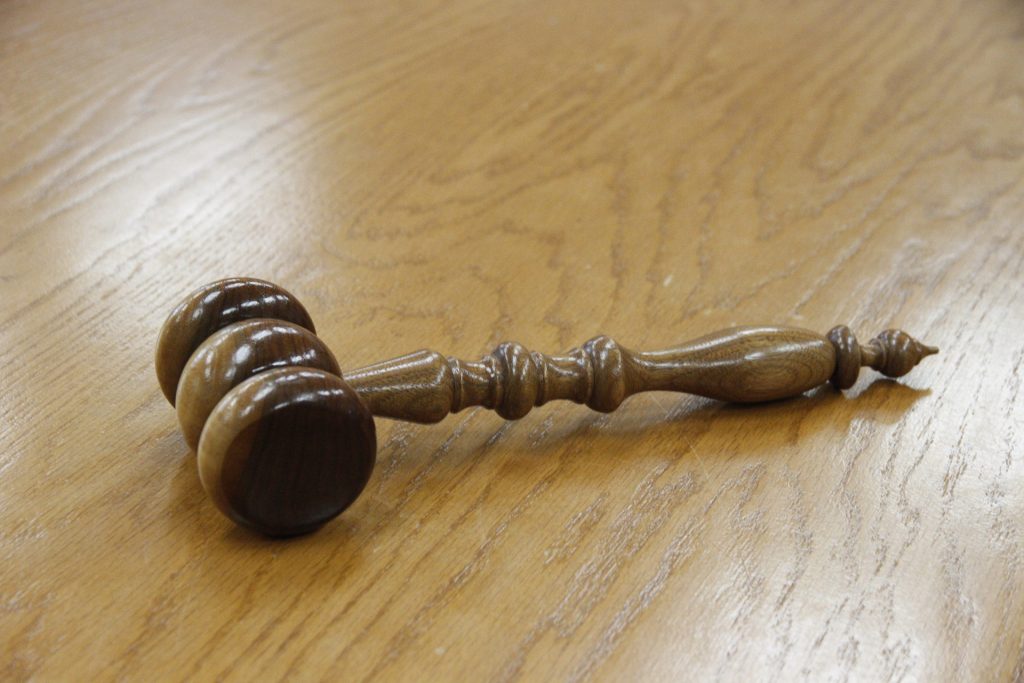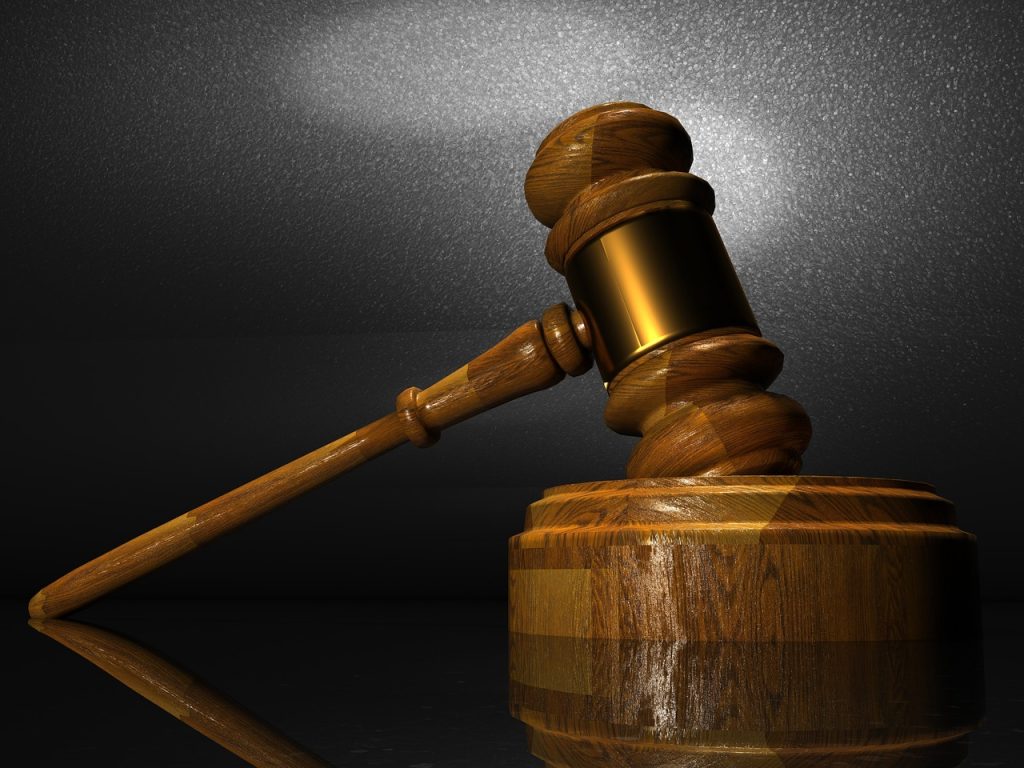Poor Californians Win Right To Court Reporters

The California Supreme Court has enshrined the right to a private court reporter in civil cases, whether they can afford one or not. Judges on the court ruled unanimously that everyone is entitled to a verbatim record of their proceeding. The ruling is a reaction to cost-cutting in San Diego County that deprived some civil […]
Technology Will Aid Court Reporters, Not Replace Them
Technological disruption can spark justifiable fear for jobs in any industry. But it can also be a huge boon, as is the case for court reporters. That’s because, despite major technological breakthroughs by companies such as court reporting agency CourtScribes, the demand for traditional courtroom stenography remains strong at the same time tech helps drive […]
Miami Court Reporters CourtScribes Helps Address Looming Shortages

Shortages of court reporters are hitting home from Pennsylvania to Texas and Missouri—evidence that the type of creative solutions practiced by CourtScribes’ Miami court reporters are more necessary than ever. In Texas, the number of qualified court reporters has declined 20 percent since 2005, says David Slayton of the Texas Office of Court Administration. “We […]
Why Miami Court Reporters CourtScribes Embraces Tech Change

The digital revolution is making inroads at the courthouse and companies like Miami court reporters CourtScribes are leading the way. Those changes encompass almost every aspect of how legal work gets done, according to Reuters. According to the news agency, changes include: Virtualized and paperless courts—Virtualized legal proceedings will reduce the distance and logistics difficulties […]
Legal technology revolution expands beyond Miami court reporters to family law

While Miami court reporters agency Courtscribes uses technology to revolutionize record keeping, others are upending other aspects of legal proceedings. One such offering is a new app that could help thousands of low income Floridians who can’t afford lawyers as they defend themselves in family court. The Florida Commission on Access to Civil Justice released […]
Trump reshapes federal judiciary

President Donald Trump is making good on at least one campaign promise. He is shifting the federal judiciary sharply to the right. The New York Times reports that, in addition to his high-profile appointment of Justice Neil Gorsuch to the Supreme Court, Trump is stacking appellate courts with conservatives as part of a strategy at […]
U.S. court sides with Google in Canadian censorship case

A Federal issued a temporary injunction last week against a Canadian Supreme Court ruling that would have required Google to remove links from its worldwide search results. Judge Edward Davila’s wrote that the Canadian high court’s ruling that Google had to remove links not just in Canada but worldwide, “undermines the policy goals of Section 230 […]
